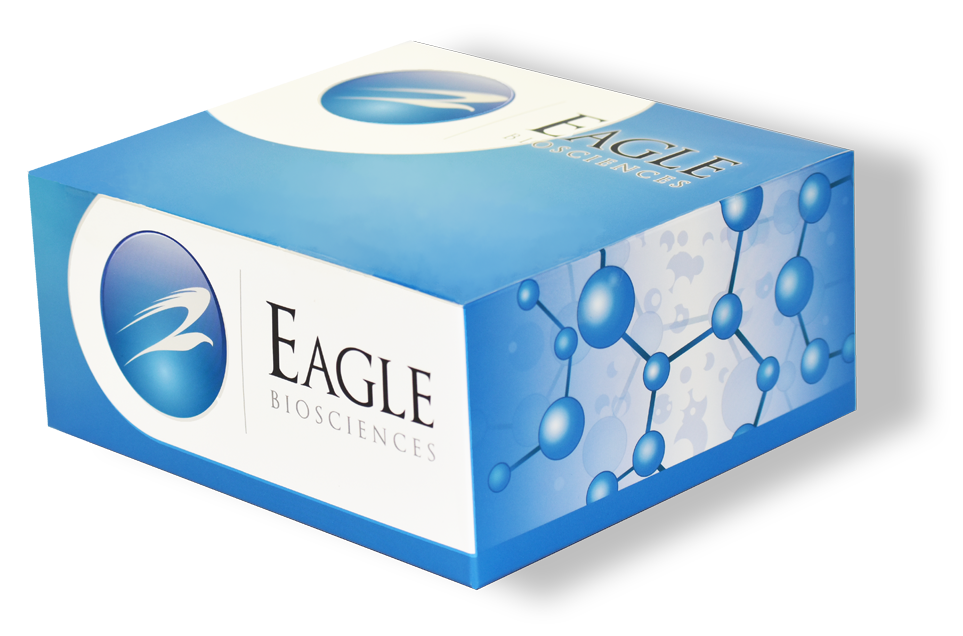Vitamin D Binding Protein (DBP) is a multifunctional plasma glycoprotein primarily responsible for transporting vitamin D metabolites, including 25-hydroxyvitamin D and 1,25-dihydroxyvitamin D, to target tissues. Beyond its role in vitamin D transport, DBP is involved in modulating immune responses, scavenging actin released from damaged cells, and enhancing the chemotactic activity of neutrophils. Because it circulates at relatively high concentrations in plasma and its levels can vary in response to inflammation, liver function, and genetic polymorphisms, DBP serves as a valuable biomarker for both nutritional and pathological states.
DBP ELISAs are used in research to quantify circulating DBP levels and to study its interactions with vitamin D metabolites and the immune system. In particular, researchers investigate DBP’s role in bone metabolism, chronic inflammatory conditions, liver disease, and its contribution to vitamin D bioavailability. This information helps in understanding disease mechanisms where vitamin D signaling or immune modulation is disrupted.
Clinically, DBP measurement can support the assessment of vitamin D status more accurately by allowing calculation of free or bioavailable vitamin D levels, which may be particularly relevant in patients with liver disease, kidney disease, or altered protein metabolism. Additionally, altered DBP levels have been associated with inflammatory disorders, critical illness, and certain cancers, making it a useful adjunct biomarker in evaluating patient prognosis or response to therapy.
This product is manufactured in USA by Eagle Biosciences.
| Size | 1 x 96 Well |
| Sensitivity | 2.168 ng/mL |
| Dynamic Range | 6.25 ng/mL – 200 ng/mL |
| Incubation Time | 1 hour 10 minutes |
| Sample Type | Serum, plasma |
| Storage | 2-8°C |
| Alternative Names | Gc-Globulin, Group-Specific Component, and DBP. |

